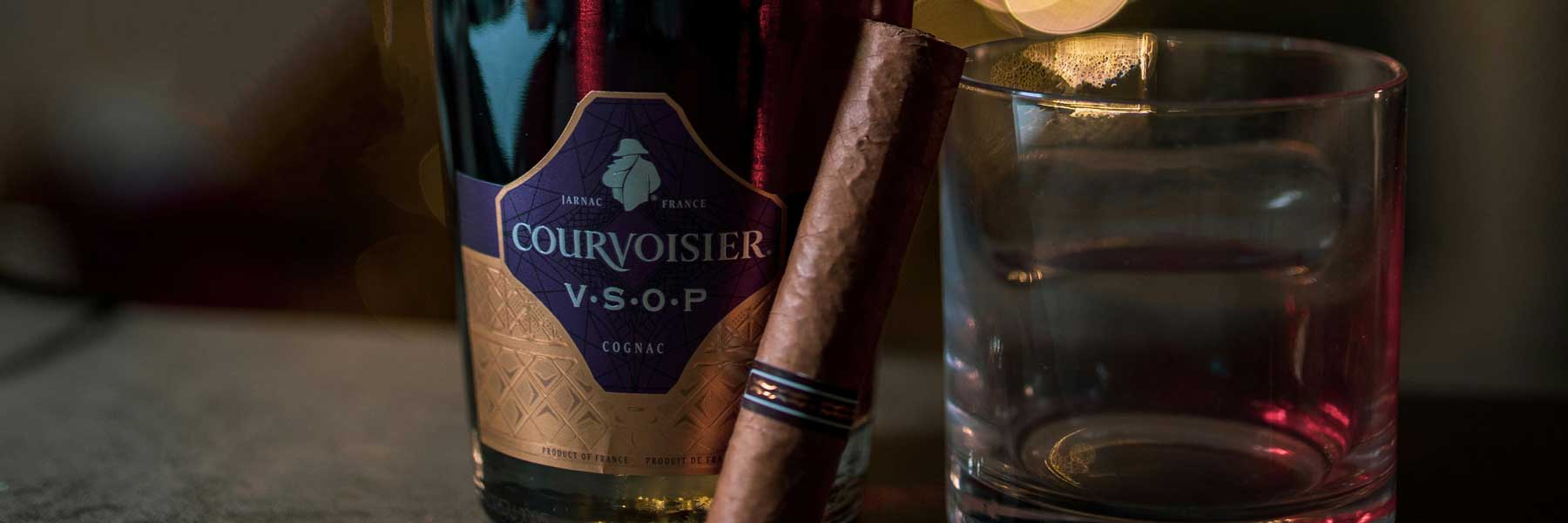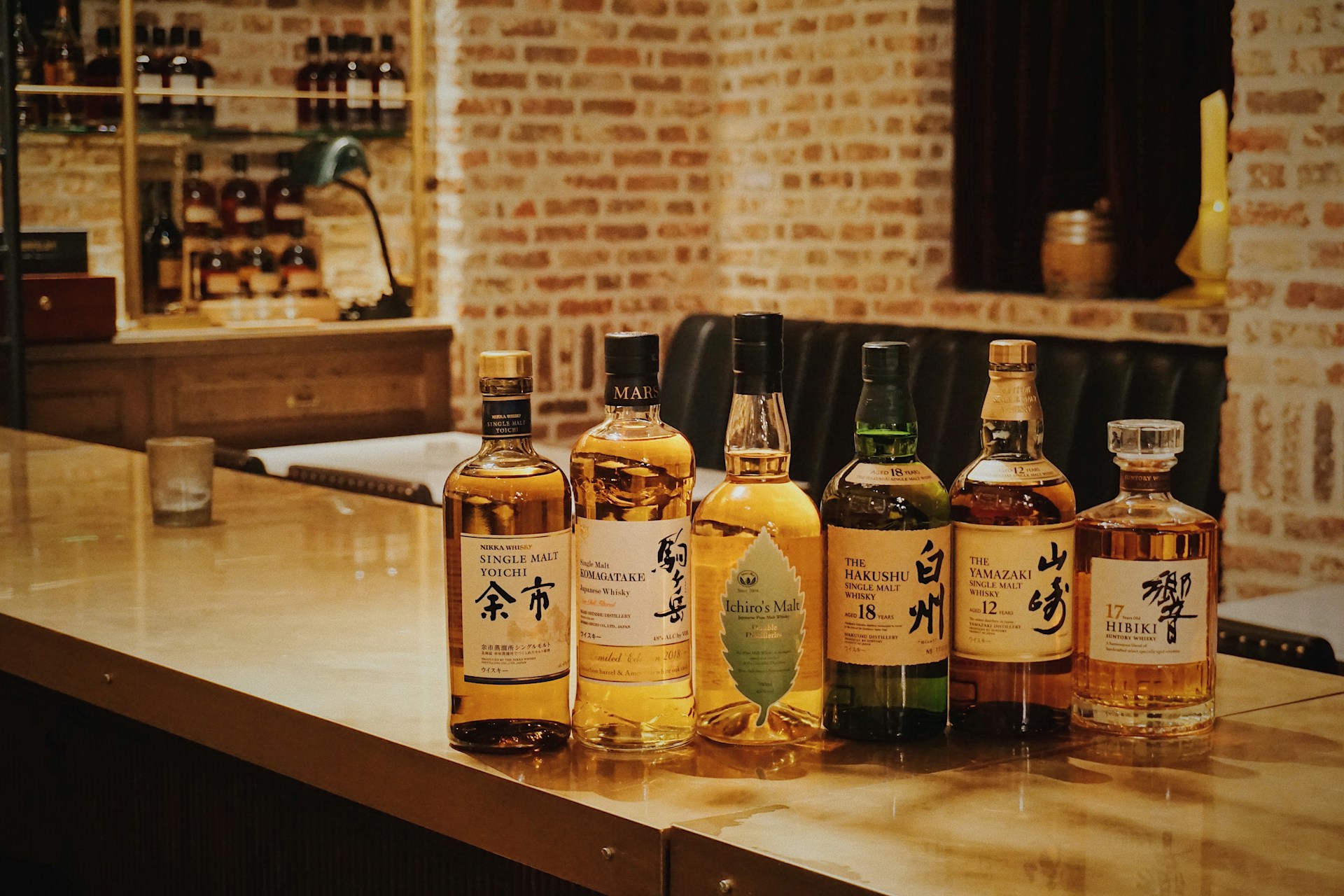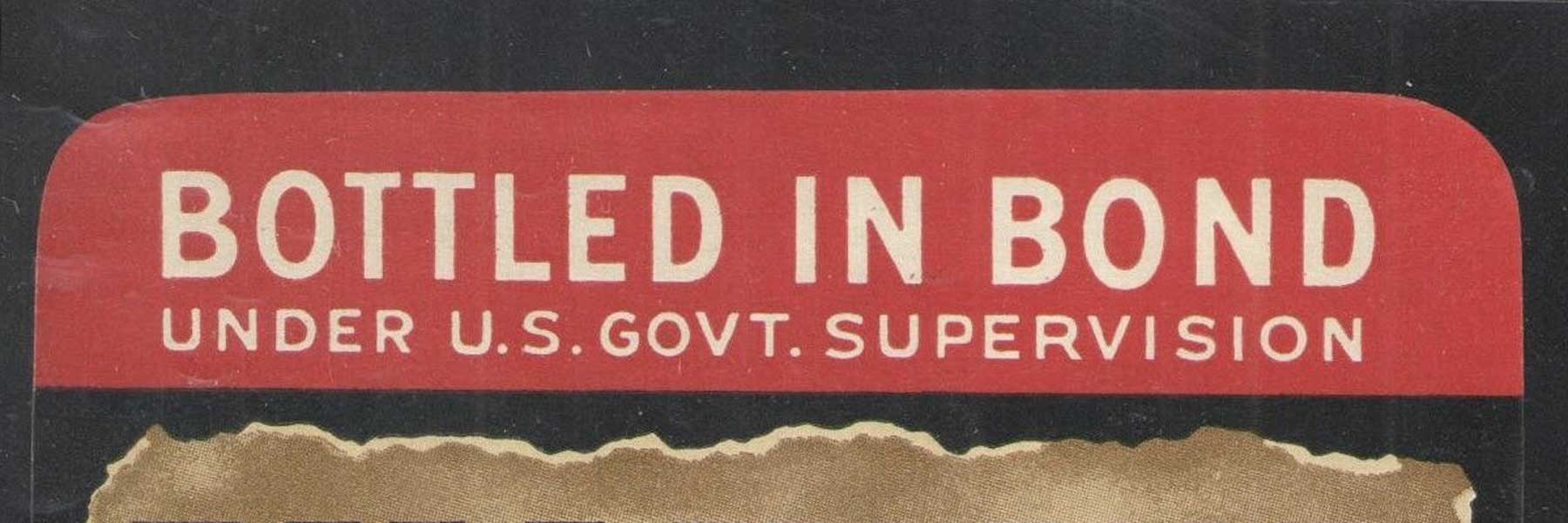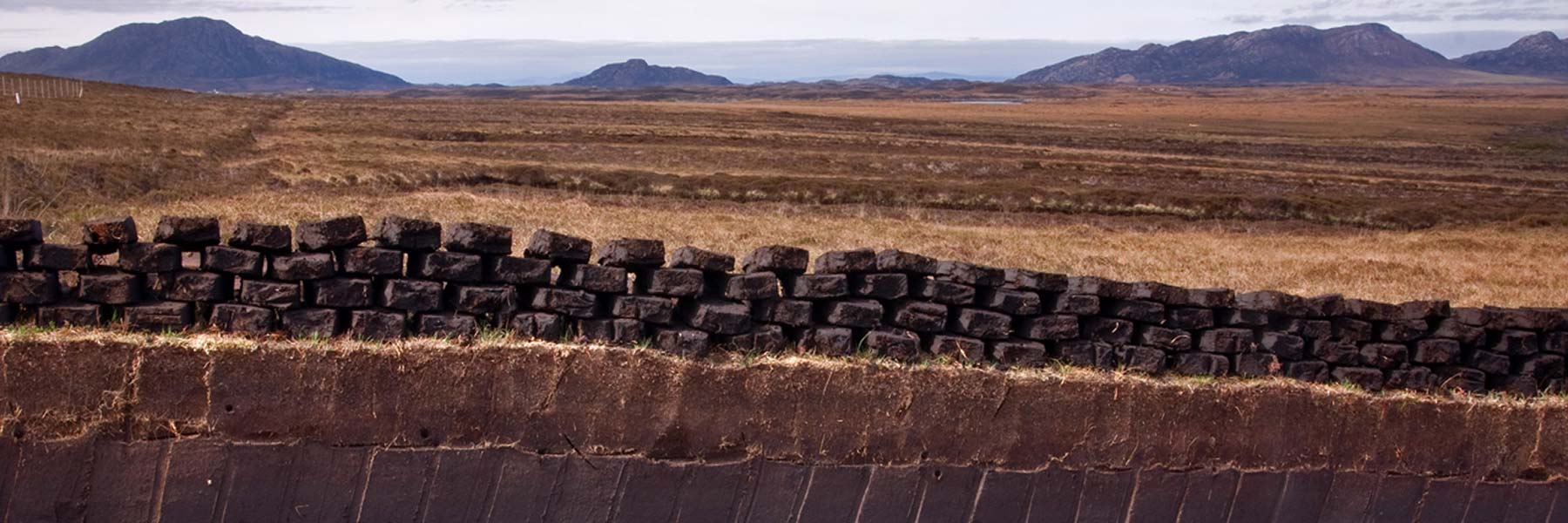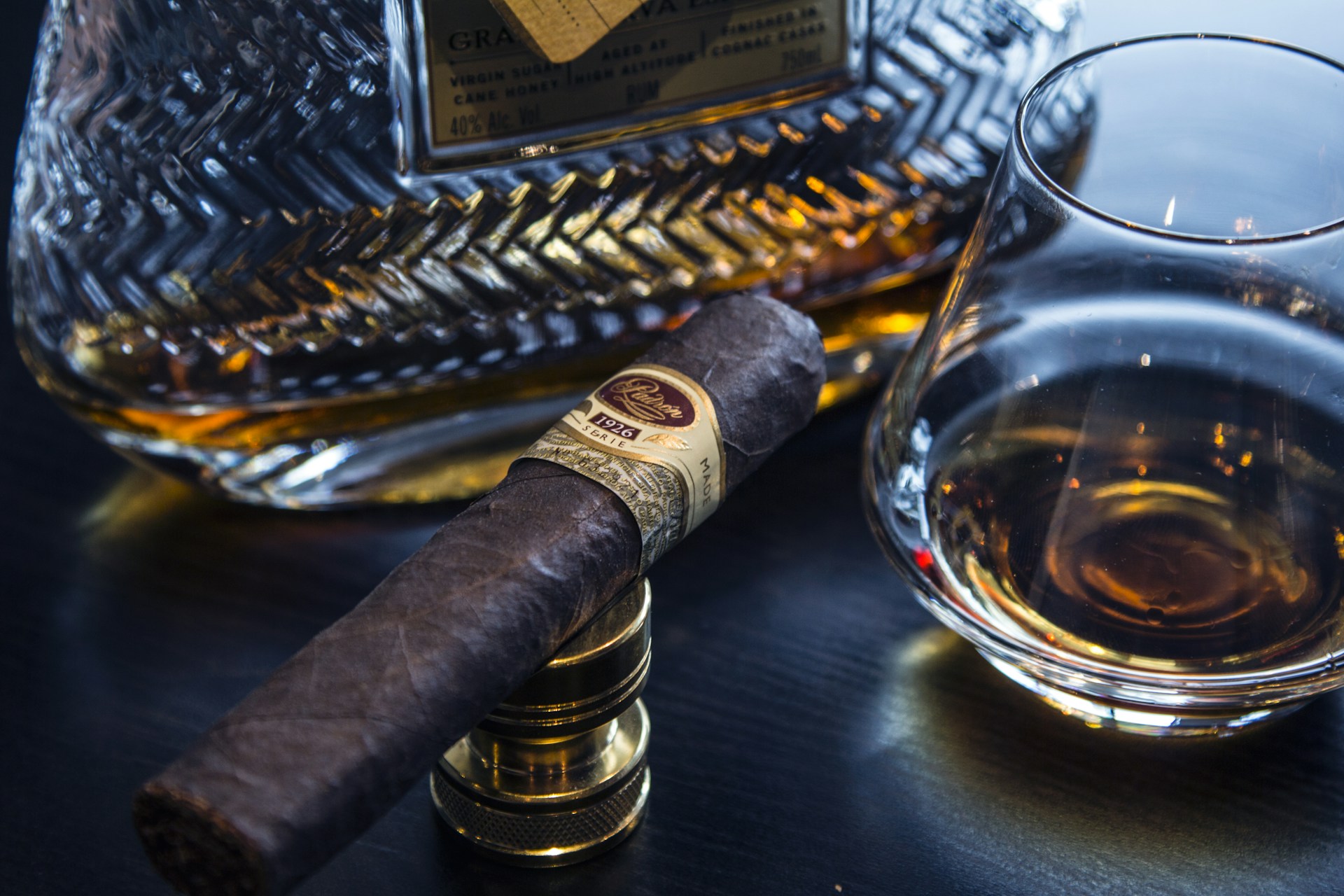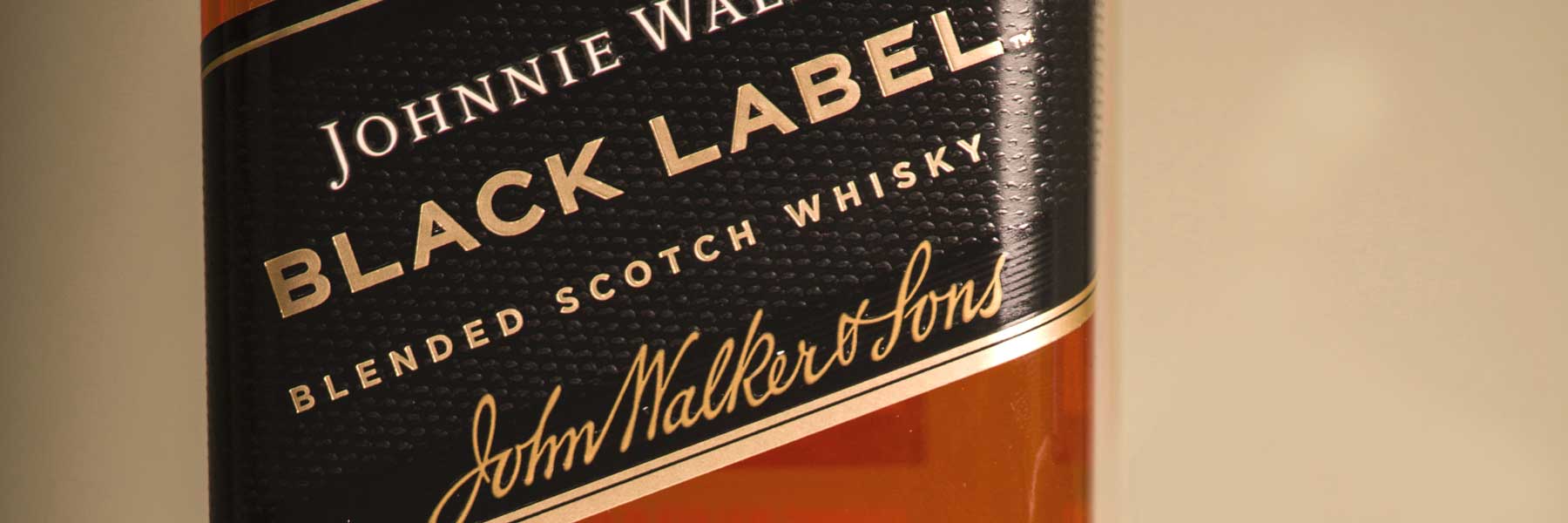Is Cognac Whiskey?
Last updated on August 13th, 2024
Is cognac whiskey? Many people often wonder if cognac is whiskey. The answer? No, cognac is not whiskey, though both are prestigious spirits with rich histories. While they share similarities, such as the aging process in barrels, they hail from different regions and are made from distinct raw materials. Dive into the world of cognac and whiskey to uncover the unique characteristics that set cognac apart from whiskey.
Introduction to Cognac and Whiskey
Let’s embark on a flavorful journey through the cognac and whiskey landscapes. We’ll explore the distinctive traits of fins bois, grande champagne, and single-cask varieties, contrasting them with scotch whisky and bourbon whiskey to distinguish these revered spirits.
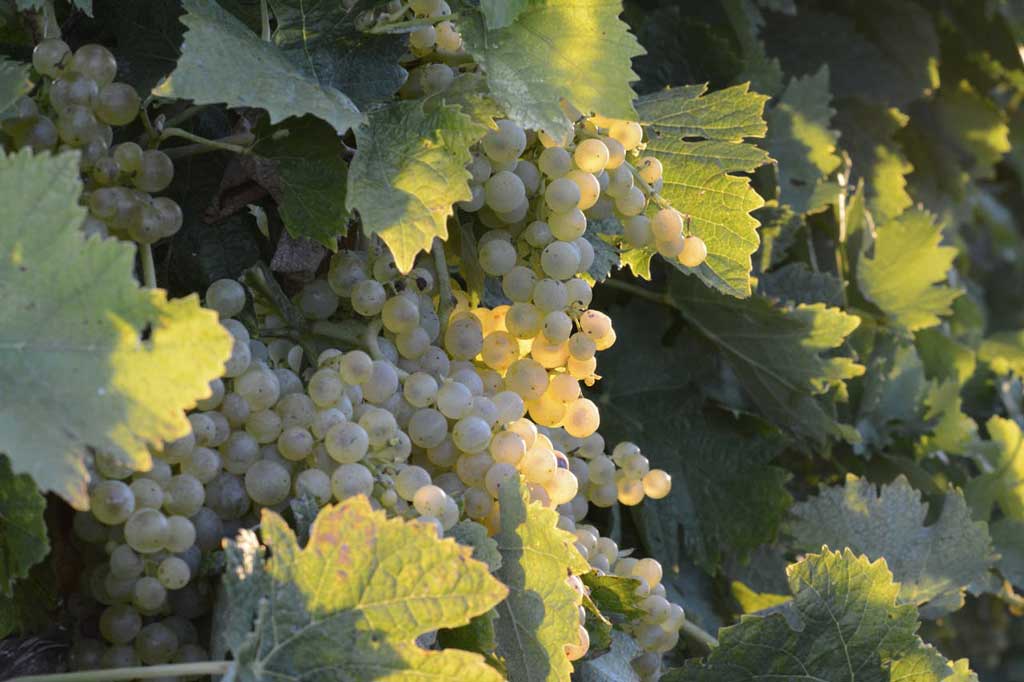
How Is Cognac Made?
The creation of cognac involves a meticulous process: grapes are fermented into wine, then distilled twice in copper pot stills, and aged in oak barrels for at least two years. The world of cognac is replete with personalized techniques from cognac houses, yielding everything from fruity and floral to rich, vintage cognacs, all produced exclusively in the Cognac region of France.
What Is Cognac Made From?
Cognac begins its life in the scenic vineyards of the Cognac region of France, where specific wine grapes, such as Ugni Blanc and Folle Blanche, are harvested. White grapes, low in sugars and high in acidity, are the ingredients responsible for cognac.
Only grapes from designated areas like grande champagne, petite champagne, and fins bois are sanctioned for cognac production. The choice of grapes, combined with the region’s unique climate, contributes to the exceptional quality and complex flavors of cognac.
How Is Cognac Fermented?
Once harvested, the grapes are pressed, and the juice is fermented into wine without adding sugar or sulfur. This natural fermentation process, which relies on the indigenous yeasts on the grape skins, typically lasts about a week and results in a dry, acidic wine, perfect for distillation.
During this stage, the winemakers must monitor the fermentation closely, ensuring the transformation from juice to wine sets the foundation for the desired flavor profile. This is when the potential of a single cask cognac begins to take shape, long before it reaches the hands of a cognac connoisseur.
How Is Cognac Distilled?
Cognac distillation is about heat and timing. The fermented wine is distilled twice in copper pot stills, a process known as “Charentais distillation.” The alchemy of turning wine into cognac happens during these dual distillations, concentrating the wine’s essence into a potent and aromatic eau de vie.
Each distillation must be performed precisely, as it is crucial to capturing the heart of the distillate, where the purest and most flavorful spirits reside. This careful distillation lays the groundwork for cognac’s signature flavor profiles, whether enjoyed as an after-dinner drink or savored in a complex cocktail.
How Is Cognac Aged?
The aging process is where cognac truly comes into its own. Once distilled, the eau de vie is transferred to oak casks, where it slowly matures, developing its characteristic flavors and golden color. Over many years, the interaction between the wood and the spirit imparts depth and complexity to the cognac.
As it ages, some liquid evaporates—the so-called angel’s share—and the eau de vie concentrates its flavors. During this time, the cellar masters wield their craft, blending eaux de vie from different years to create harmonious cognacs, including exceptional single-cask offerings that are highly sought after by enthusiasts.
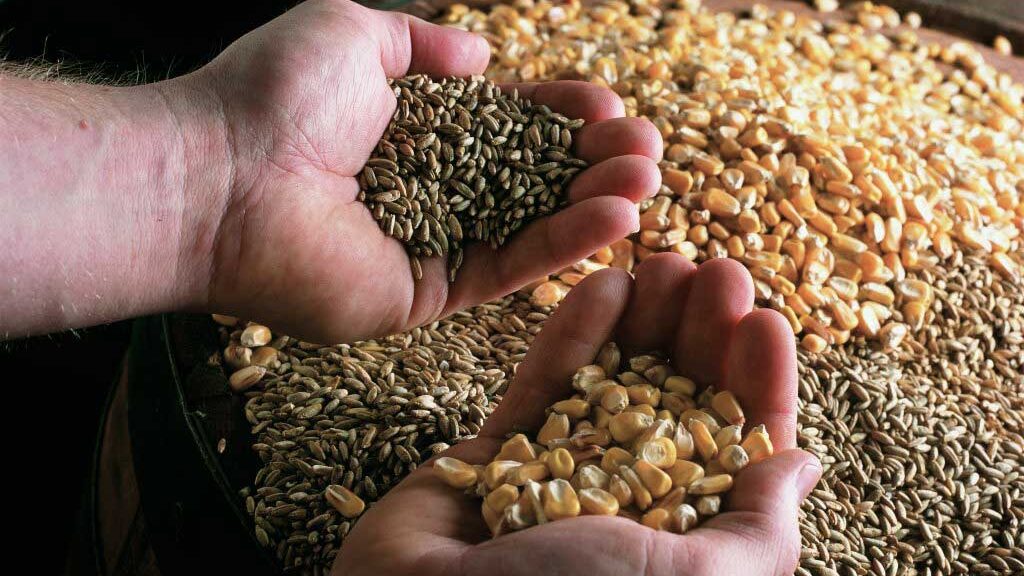
How Is Whiskey Made?
Whiskey production, while sharing some steps with cognac making, follows its own unique path. It begins with a variety of cereal grains, which are fermented into a basic type of beer, distilled, and then aged in barrels. Each type of whiskey—be it Irish whiskey, Tennessee whiskey, Scotch or others—has its own set of rules and traditions that contribute to the spirit’s depth and complexity.
What Is Whiskey Made From?
Whiskey is a distilled spirit made from fermented grain mash, including but not limited to corn, rye, wheat, and malted barley. The choice of grains and the ratios in which they’re used, known as the mash bill, define the type of whiskey produced, particularly in the United States, where bourbon and rye have distinct requirements.
How Is Whiskey Fermented?
In the United States, whiskey fermentation begins with creating a mash bill, which varies depending on whether the final product will be bourbon, rye, or another type of whiskey. This mash is combined with water and yeast and then allowed to ferment, converting the sugars into alcohol.
Each distillery has its proprietary yeast strains and fermentation times, contributing to their distilled spirits’ unique flavor profile. This stage is critical, as the fermentation not only determines the potential alcohol content but also lays the groundwork for the complex flavors that will develop during aging in charred oak barrels.
How Is Whiskey Distilled?
Distillation is a pivotal step in whiskey making, particularly in the United States, where strict regulations govern the process. The fermented mash is heated inside large copper vessels known as stills, allowing the alcohol to vaporize, rise upwards and later condense into a liquid known as ‘distillate.’
This process is often repeated, with each distillation refining and strengthening the new-make spirit further. American distillers take great pride in their craft, ensuring that the spirit’s essence is captured before it is deemed ready for aging, where it will gain further character and complexity.
How Is Whiskey Aged?
Only during the aging process does whiskey get its rich color and more complex flavors. Stored in barrels for years, the neutral colored spirit interacts with the wood to develop its flavor, color, and aroma. In particular, American whiskey is aged in oak barrels, which typically impart distinct vanilla and caramel notes to the spirit.
As with cognac, the aging environment plays a crucial role, with factors like temperature
and humidity influencing the whiskey’s maturation. The length of aging varies, but the interactive power of time against the barrel’s wooden staves is a truly transformative process.
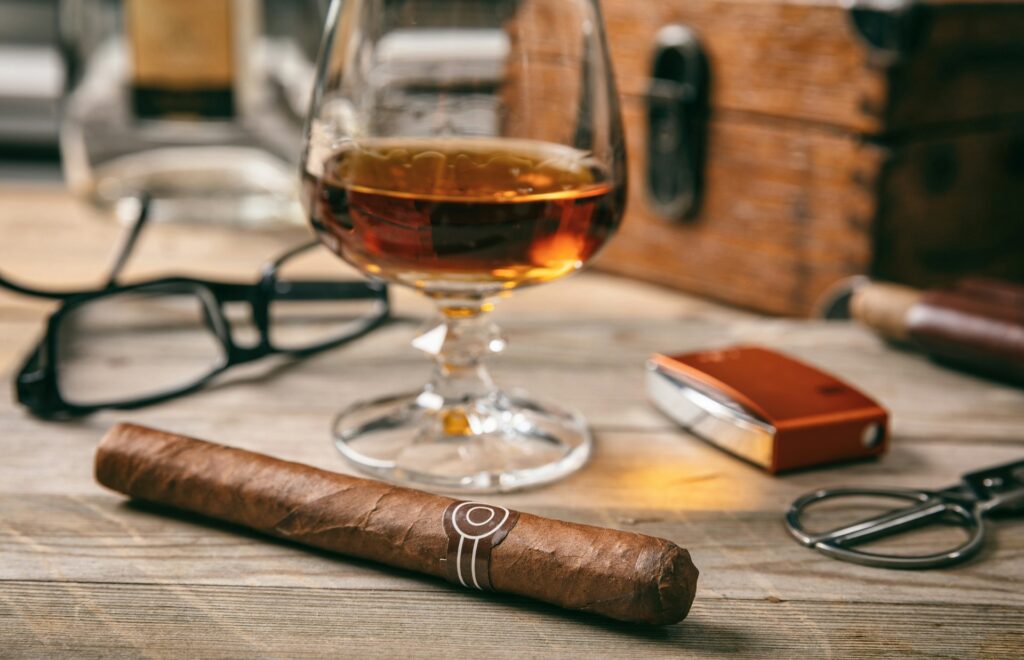
Frequently Asked Questions
1. Is cognac better than whiskey?
The debate of cognac vs whiskey is a matter of personal preference. Some may prefer the smooth, fruity notes of a fine cognac, while others may favor whiskey’s robust, grain-forward flavors. Both spirits offer a range of experiences, from sipping neat to being the cornerstone of complex cocktails.
Ultimately, ‘better’ is subjective, and the best way to determine your favorite is through tasting and exploring the diverse offerings from both the world of cognac and the vast realm of whiskey.
2. Is cognac smoother than whiskey?
Young cognacs are typically sweeter than older ones, therefore you may find cognac easier and smoother to drink compared to young whiskeys. Young cognacs are a little more ‘forgiving’ than young whiskeys which can sometimes be quite harsh and less balanced due to a shorter maturation period.
However, mature whiskeys of 6 years or older can be exceptionally smooth, depending on its production methods and aging conditions. Mature cognacs tend to be drier and more spicy which you may or may not enjoy as much, depending on your personal tastes.
3. Why is cognac more expensive than whiskey?
Cognac can be more expensive than whiskey as it’s made from fresh grapes. This makes the production timeline more timely as it must be fermented into wine before they spoil. Compared to the cereal grains used to make whiskey (which can be stored for multiple years before use) this is one of the main reasons for the higher retail price.
As the grapes are used fresh, they’re much more susceptible to seasonal conditions which can affect the quality and annual supply. Furthermore, the very select grape varieties can only be grown in the Cognac region unlike cereal grains which can be grown and sourced from a much broader expanse in the given country. I.e: America, Canada, Japan or Scotland etc.
Final Thoughts
In the lively world of global spirits, cognac, and whiskey dance to different tunes of tradition and craft. While they share the romance of the distillation process, they vastly differ in their raw ingredients, regulation and final spirits.
A bottle of cognac whispers of the rolling vineyards in France, aged patiently in wooden barrels, sometimes even reaching the status of ‘hors d’âge,’ where the youngest brandy in the blend has matured beyond the age categories defined by law.
On the other side, whiskey evokes images of rugged Scottish highlands or the green fields of Ireland, its character shaped by grains, stills, and time.
So, when you next find yourself pondering over a glass of Pierre Ferrand or perhaps enjoying the layered complexity of Grand Marnier, remember that cognac is not whiskey but a highly regulated, not to mention rare French spirit.


